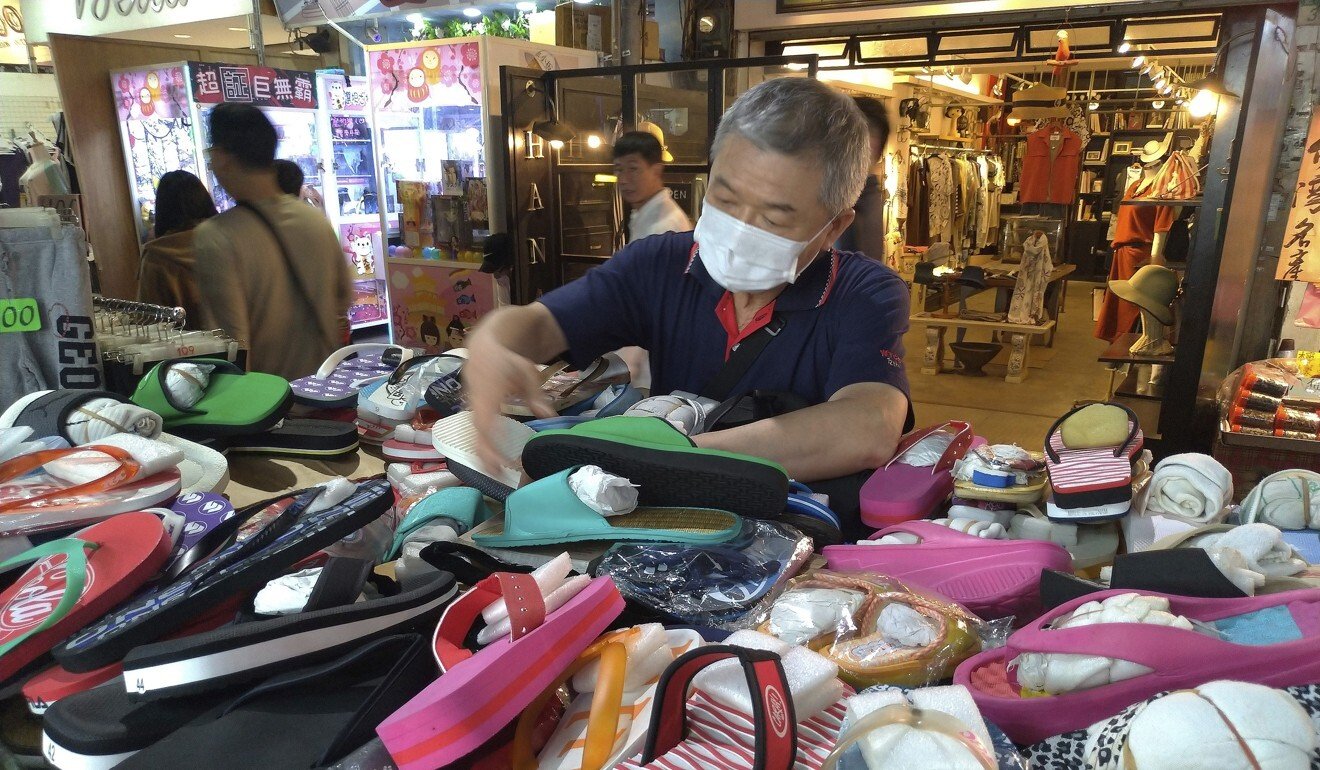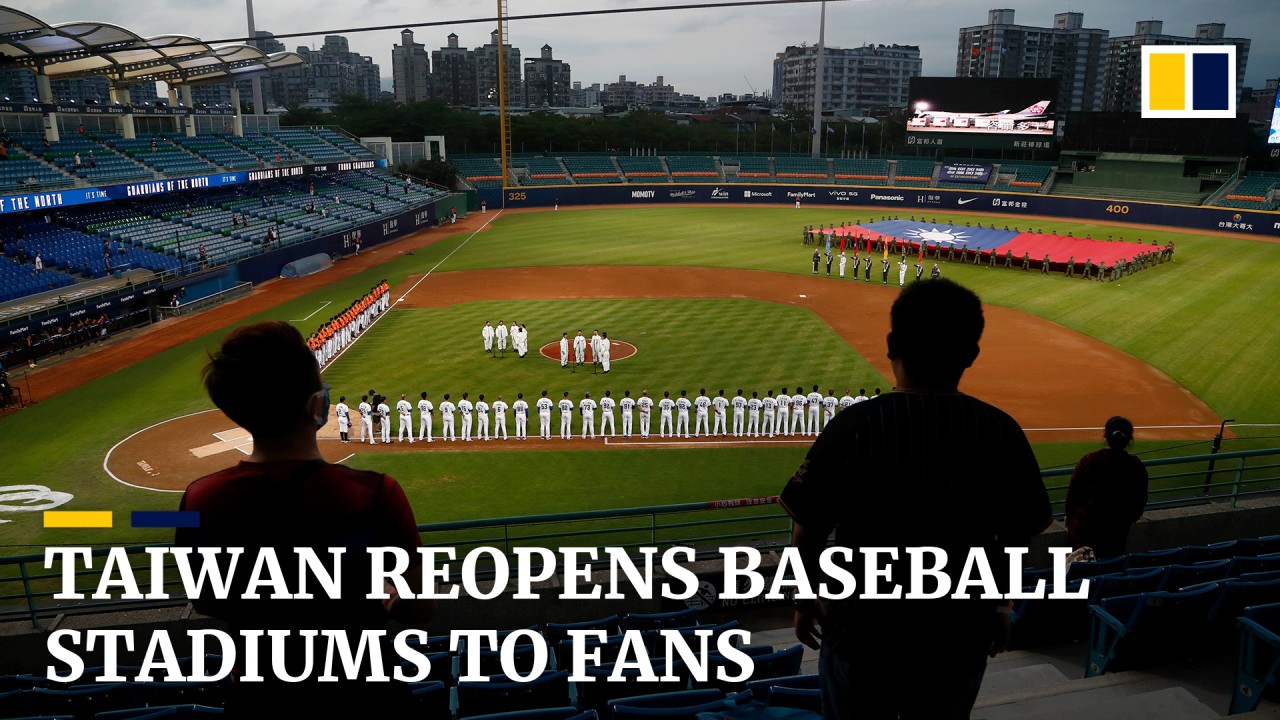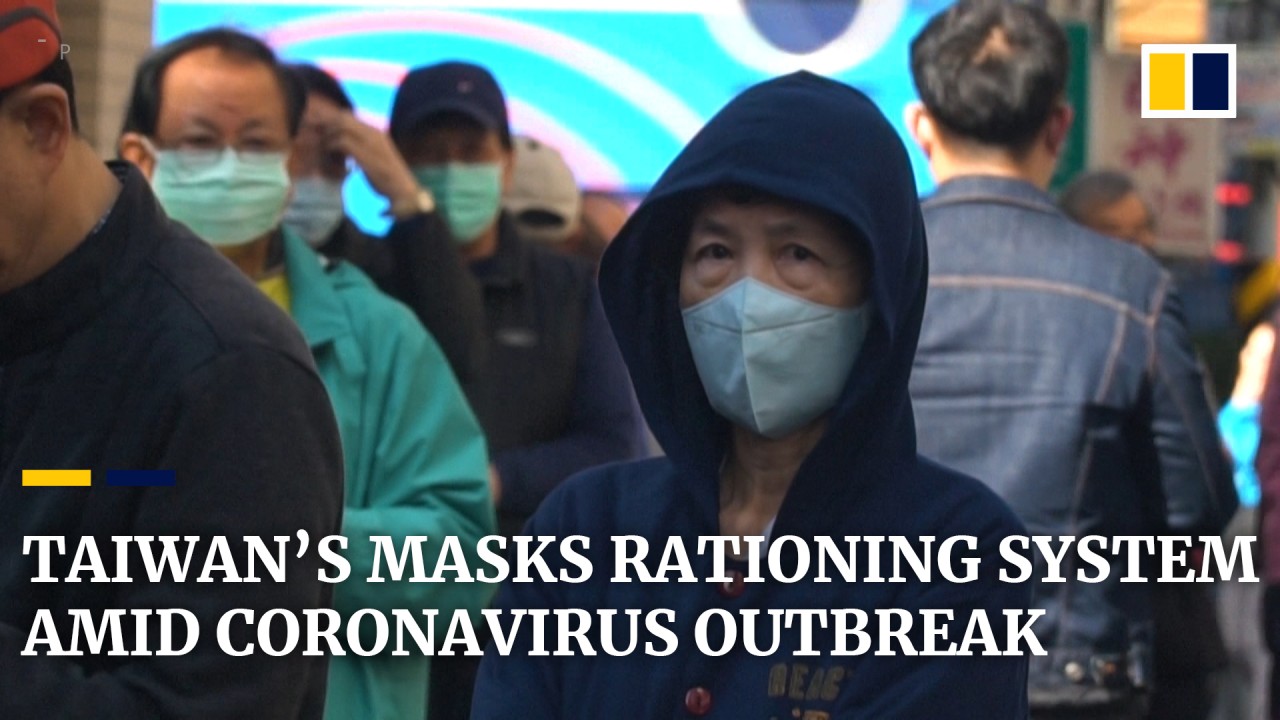Why Tsai Ing-wen’s success in containing Taiwan’s coronavirus outbreak could trigger a backlash from Beijing
- Taiwan’s effective management of Covid-19 and its ‘mask diplomacy’ have raised its global profile
- However, Beijing’s distrust of the Taiwanese president is growing, while tensions in the Taiwan Strait have been rising

Taiwanese President Tsai Ing-wen will be sworn in today for a second term in office at an inauguration ceremony that has been streamlined due to the coronavirus pandemic that is ravaging large parts of the world.
Tsai’s second term begins amid a triumphant atmosphere, with opinion polls showing her approval rating hitting a record high of 70.3 per cent in April, due to her deft handling of the coronavirus outbreak.
The inauguration also comes on the heels of the meeting of the World Health Assembly, the World Health Organisation’s decision-making body, at which Taiwan’s exclusion became a key item on the agenda.
Tsai and her Democratic Progressive Party, which supports Taiwan’s independence from China, won a landslide victory in both the presidential and legislative elections in January. The miraculous turnaround of fortunes for both Tsai and her party owed much to Beijing’s increasingly hawkish policy and Tsai’s stern response to it as well as the months-long pro-democracy protests in Hong Kong.
Taiwan is one of only a few places in the world to emerge stronger from the pandemic, due to the island’s swift response to the outbreak. It was at high risk due to its proximity to mainland China, particularly given that the outbreak occurred around Lunar New Year when more than 1 million Taiwanese living on the mainland were expected to return home. However, so far, the island has recorded only 440 cases and seven deaths.
The island has become one of the few developed economies in the world right now where all schools are open and professional sports events – such as the popular Chinese Professional Baseball League – are being held.
Taiwan might also prove to be among the few developed economies, if not the only one, to see growth – the government is forecasting an expansion of 2 per cent this year. Meanwhile, most advanced economies, including G7 countries, are projected to record steep declines in growth rates as the world plunges into the worst recession since the Great Depression of the 1930s.
The Covid-19 pandemic will help push Tsai’s policy of reducing Taiwanese industry’s over-reliance on the mainland, a move that had already been boosted by the US-China trade war. Taiwan’s exports have so far relied on a triangular trade system between the island, mainland China and the United States.
Moreover, the island’s international standing has been greatly boosted by its goodwill campaign during the pandemic – it has donated 17 million surgical masks to the US, Europe, Australia, New Zealand and Southeast Asia.

Its contributions have helped it win widespread sympathy and support for its efforts to rejoin some international organisations, in particular the World Health Organisation. The vote on whether to allow Taiwan to attend the World Health Assembly meeting was closely watched.
Taiwan had attended the meeting as an observer from 2009 to 2016. Since then, it has tried every year to marshal support for a seat at the table. Its campaign this year was widely supported by Western democracies, although Beijing, as expected, again succeeded in blocking Taiwan.
Taiwan’s rising international profile may come at a high cost as it could trigger a backlash from Beijing that Taipei hopes to avoid.
The pandemic has driven mainland China and Taiwan further apart as well as worsened relations between the US and China. Tsai takes office amid rising tension in the Taiwan Strait as evidenced by military drills in the lead-up to her inauguration ceremony.
On May 14, the USS McCampbell, an Arleigh Burke-class guided-missile destroyer, sailed through the strait even as the Chinese military embarked on live-fire naval drills off the mainland’s northern coast.
The democratically-ruled island will face tougher challenges ahead, given Beijing’s increasing distrust of Tsai and her party. Thus, Tsai’s most important mission during her second term will be navigating the troubled waters; maintaining peace and stability is in the best interests of people across the strait and beyond.
Cary Huang is a veteran China affairs columnist, having written about this topic since the early 1990s
Help us understand what you are interested in so that we can improve SCMP and provide a better experience for you. We would like to invite you to take this five-minute survey on how you engage with SCMP and the news.

